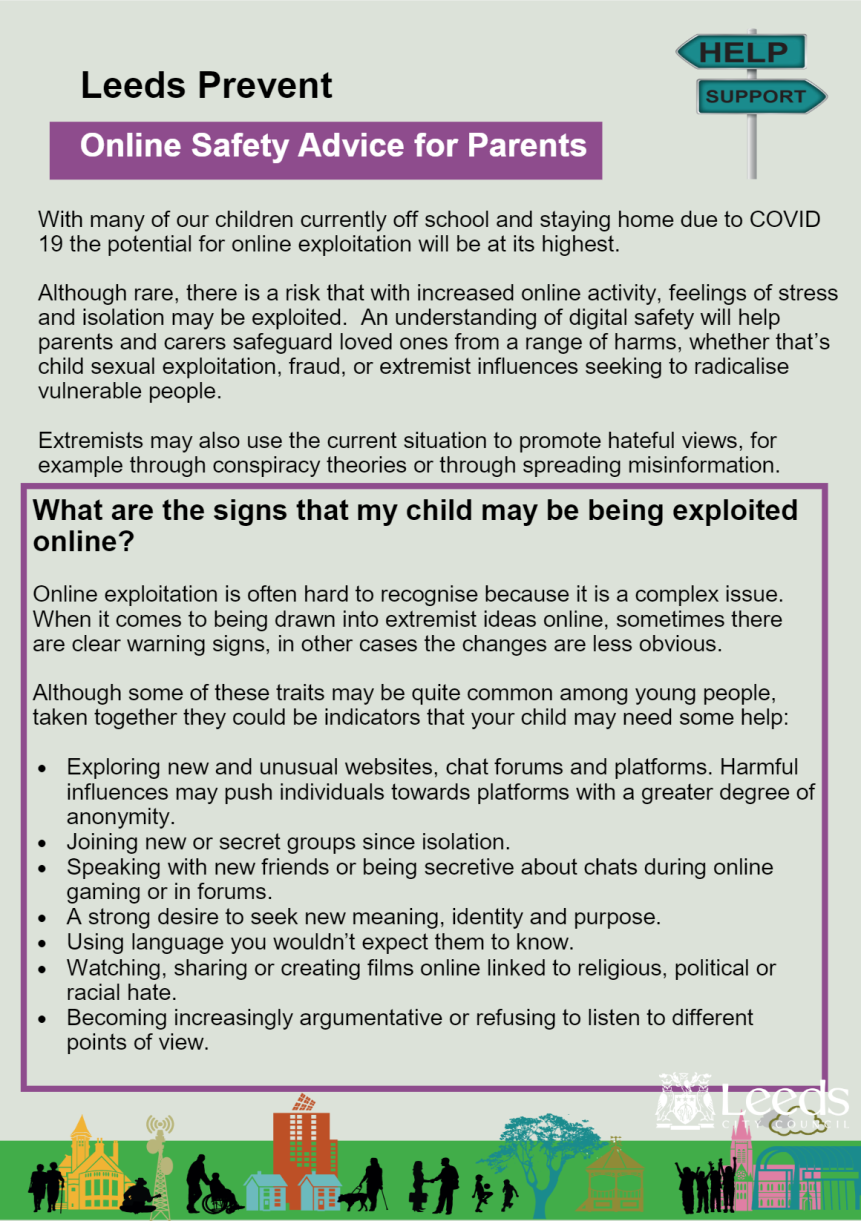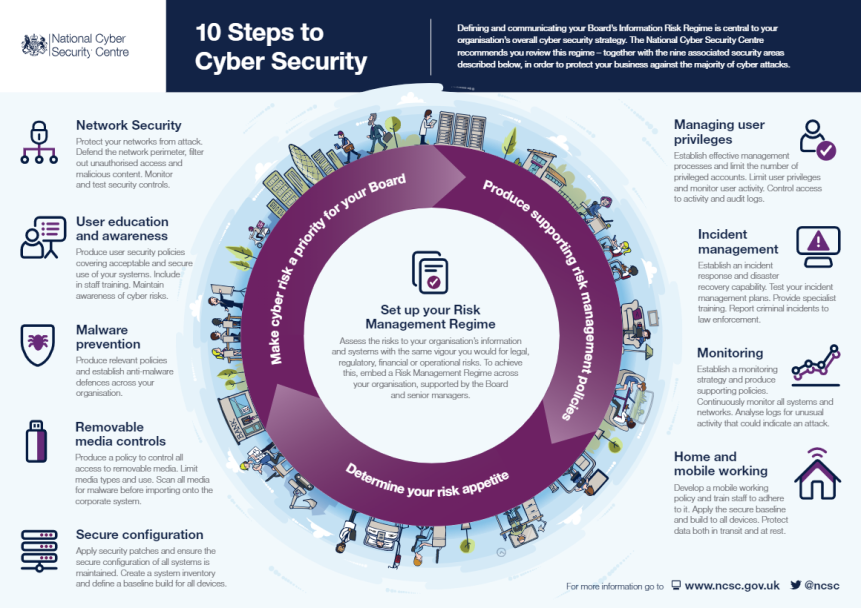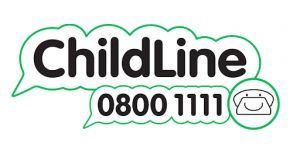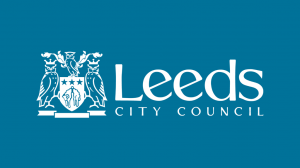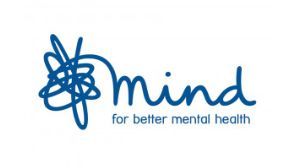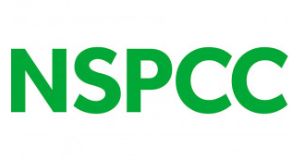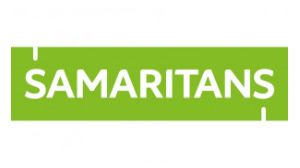Keeping Our Pupils Safe
Gledhow Primary’s school aim is to create a safe, happy and caring community supporting ambition and achievement for all. To achieve this, we recognise our moral and statutory responsibility to safeguard and promote the welfare of all pupils.
We endeavour to provide a safe and welcoming environment where children are respected and valued.
We are alert to the signs of abuse and neglect and follow our procedures to ensure that children receive effective support, protection and justice.
If you have a concern about any of our pupils, please contact the school office on 0113 293 0392 and ask for a member of the Child Protection Team (pictured below). Alternatively, you can e-mail Mrs Evans, the school’s Designated Safeguarding Lead and Assistant Headteacher or another member of the Child Protection Team using the envelope symbol under their pictures below.
As a member of the public, if you suspect that a child or young person is being, or is at risk of being significantly harmed as a result of abuse or neglect, you must report this immediately.
During office hours (9.00am – 5.00pm) call the Duty & Advice Team on 0113 376 0336 (option 2)
Out of office hours (evenings, weekends and bank holidays) call the Children’s Emergency Duty Team (EDT) on 0113 535 0600
If you believe a child is in immediate danger and at risk of harm call the police on 999
PREVENT in Leeds
The purpose of the Prevent strategy is to safeguard and support vulnerable people to stop them from becoming terrorists or supporting terrorism.
The Prevent Strategy is a government strategy designed to stop people becoming terrorists or supporting terrorism. It:
*Responds to the ideological challenge we face from terrorism and aspects of extremism, and the threat we face from those who promote these views
*Provides practical help to prevent people from being drawn into terrorism and ensure they are given appropriate advice and support
*Works with a wide range of sectors (including education, criminal justice, faith, charities, online and health)
The new Prevent Duty, the Department for Education’s SMSC requirements, British Values Guidance and Ofsted’s inspection criteria all require schools to ensure students are aware of risks associated with extremism. We endeavour to do this through our broad and balanced curriculum.
https://www.gov.uk/government/publications/prevent-duty-guidance
https://www.gov.uk/report-terrorism
Advice for Children and Young People
If someone is hurting you, doing things to you against your will or being mean to you, tell someone: your parents, your friends, trusted teachers or other staff at school. You should also speak to us if you are worried about someone else – a child or an adult.
If you don’t want to speak to someone in school, you have other choices. Phone 0800 1111 or click to access the ChildLine website.
If you are being bullied online, or if you have any concerns about things on the internet, speak to a trusted adult, call the police or click below.
Domestic Violence
Gledhow Primary School works jointly with West Yorkshire Police. This has been established to support children who are resident in households where there are incidents of domestic violence and abuse. The initiative has been designed to provide confidential notification to schools on any incidents of domestic violence and abuse which occur within a child’s household that might have an impact on a child whilst he or she is in school. This enables us to support a child who may come into school potential worries or emotional barriers to their learning.
If you would like to speak to someone in school about domestic violence, please contact Mr Wood, Mrs Burrough or any member of the school Child Protection team.
If you would like further support or information about domestic violence and abuse please click below.
Online Safety at Home
Our school aims in response to Online Safety is to:
* Have robust processes in place to ensure the online safety of pupils, staff, volunteers and governors.
* Deliver an effective approach to online safety, which empowers us to protect and educate the whole school community in its use of technology, including mobile and smart technology.
* Establish clear mechanisms to identify, intervene and escalate an incident, where appropriate
The 4 key categories of risk Our approach to online safety is based on addressing the following categories of risk:
Content – being exposed to illegal, inappropriate or harmful content, such as pornography, fake news, racism, misogyny, self-harm, suicide, antisemitism, radicalisation and extremism
Contact – being subjected to harmful online interaction with other users, such as peer-topeer pressure, commercial advertising and adults posing as children or young adults with the intention to groom or exploit them for sexual, criminal, financial or other purposes
Conduct – personal online behaviour that increases the likelihood of, or causes, harm, such as making, sending and receiving explicit images (e.g. consensual and non-consensual sharing of nudes and semi-nudes and/or pornography), sharing other explicit images and online bullying;
Commerce – risks such as online gambling, inappropriate advertising, phishing and/or financial scams
Child Protection Team
All Rights Reserved | Gledhow Primary School | Privacy Policy | Website by https://eazi-sites.com/yorkshireapps/

